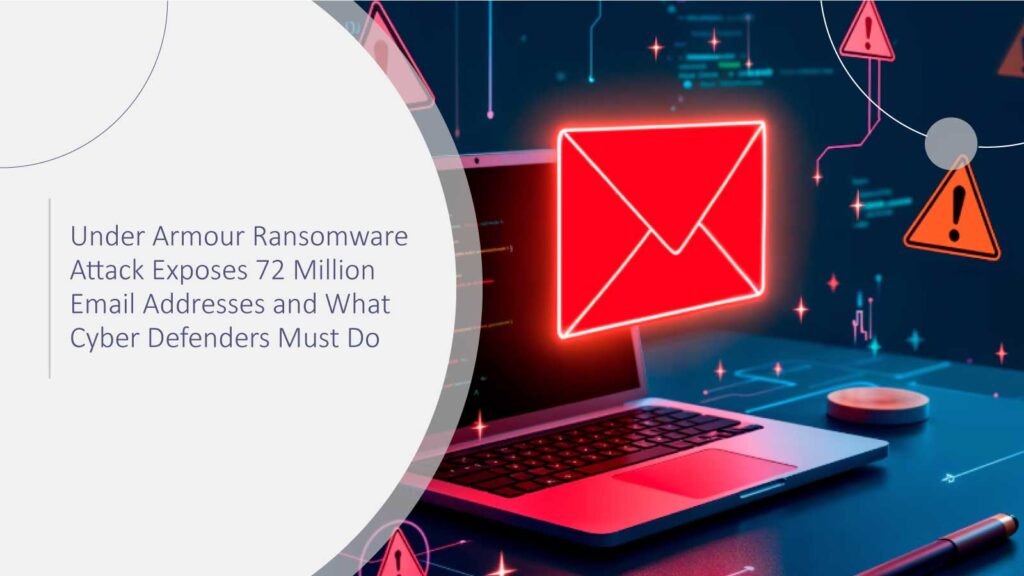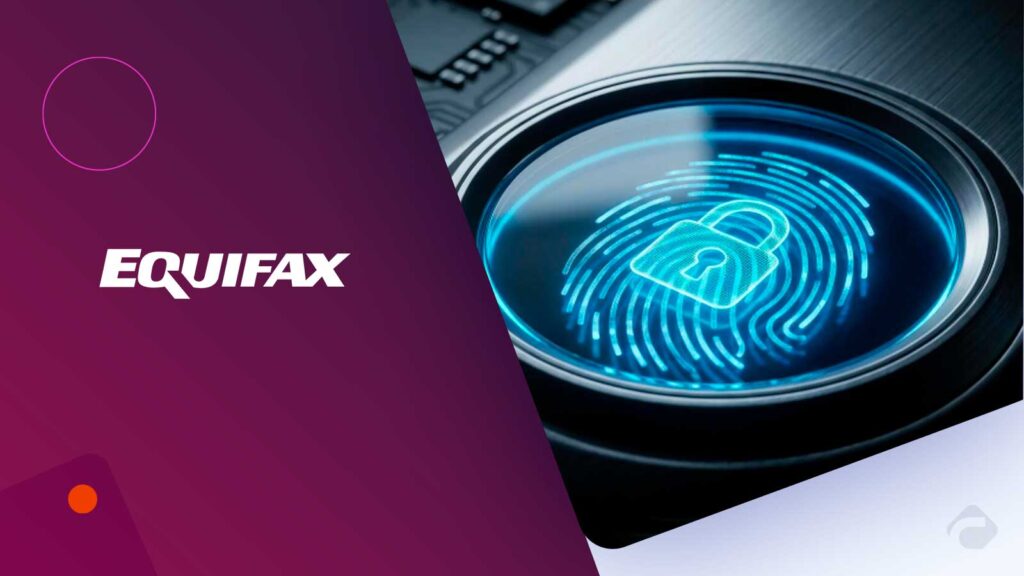NordVPN has expanded its Threat Protection Pro suite with a new crypto wallet address checker, designed to help users steer clear of risky cryptocurrency transactions. The feature scans for potentially malicious wallet addresses while browsing, helping prevent costly mistakes and fraud when managing digital assets.
Cybersecurity reports indicate that cybercriminals have already siphoned off more than $2.5 billion through crypto scams and hacks in 2025. While decentralized cryptocurrencies give users greater control over their funds, they also remove traditional safety mechanisms. Interacting with a fraudulent wallet even once can lead to permanent financial loss.
“Cryptocurrency fraud accounts for roughly half of all financial fraud losses, according to the FBI,” said Domininkas Virbickas, Product Director at NordVPN. “Threat Protection Pro™ already shields users from ads, trackers, malware, phishing sites, and scam domains, ensuring safer online experiences for anyone, whether they use crypto or not.”
Cyber Technology Insights : Schurz Broadband Selects Otava for Managed Cloud and Data Protection Solutions
How the Crypto Wallet Address Checker Works
The tool scans text locally on your device to detect cryptocurrency wallet addresses as you browse. Wallet addresses have distinct formats depending on the blockchain—for instance, Bitcoin and Ethereum addresses differ. Importantly, no browsing data leaves your device during this process.
When a wallet address is identified, the tool sends only that specific address for verification against a database of reported fraudulent addresses. Your personal data, browsing history, and website content remain fully private. If the address has been flagged for fraud, it will be highlighted on your screen, and hovering over it will display a warning that it may be unsafe.
Cyber Technology Insights : Keeper Security Integration with Google Security Operations Expands Visibility into Privileged Access
Tips to Keep Your Crypto Wallet Secure
While the wallet address checker adds an important layer of protection, users should also follow best practices to secure their assets:
- Always verify wallet addresses before sending funds by comparing the first and last few characters with the intended recipient.
- Avoid copying wallet addresses from untrusted sources like social media or anonymous forums.
- Use platforms that support address allowlisting and enable two-factor authentication on your crypto accounts.
- Keep browsers and security software up to date.
- Consider using a hardware wallet to separate private keys from your device.
“Crypto users should resist clicking on links that promise free coins, airdrops, or urgent financial gains,” Virbickas added. “These scams exploit fear and greed. Our wallet address checker acts as an additional safeguard, but practicing cautious browsing and verifying sources remain your most reliable defense.”
Cyber Technology Insights : CrowdStrike Named a Frost Radar Leader in Cloud Workload Protection
To participate in our interviews, please write to our CyberTech Media Room at sudipto@intentamplify.com








